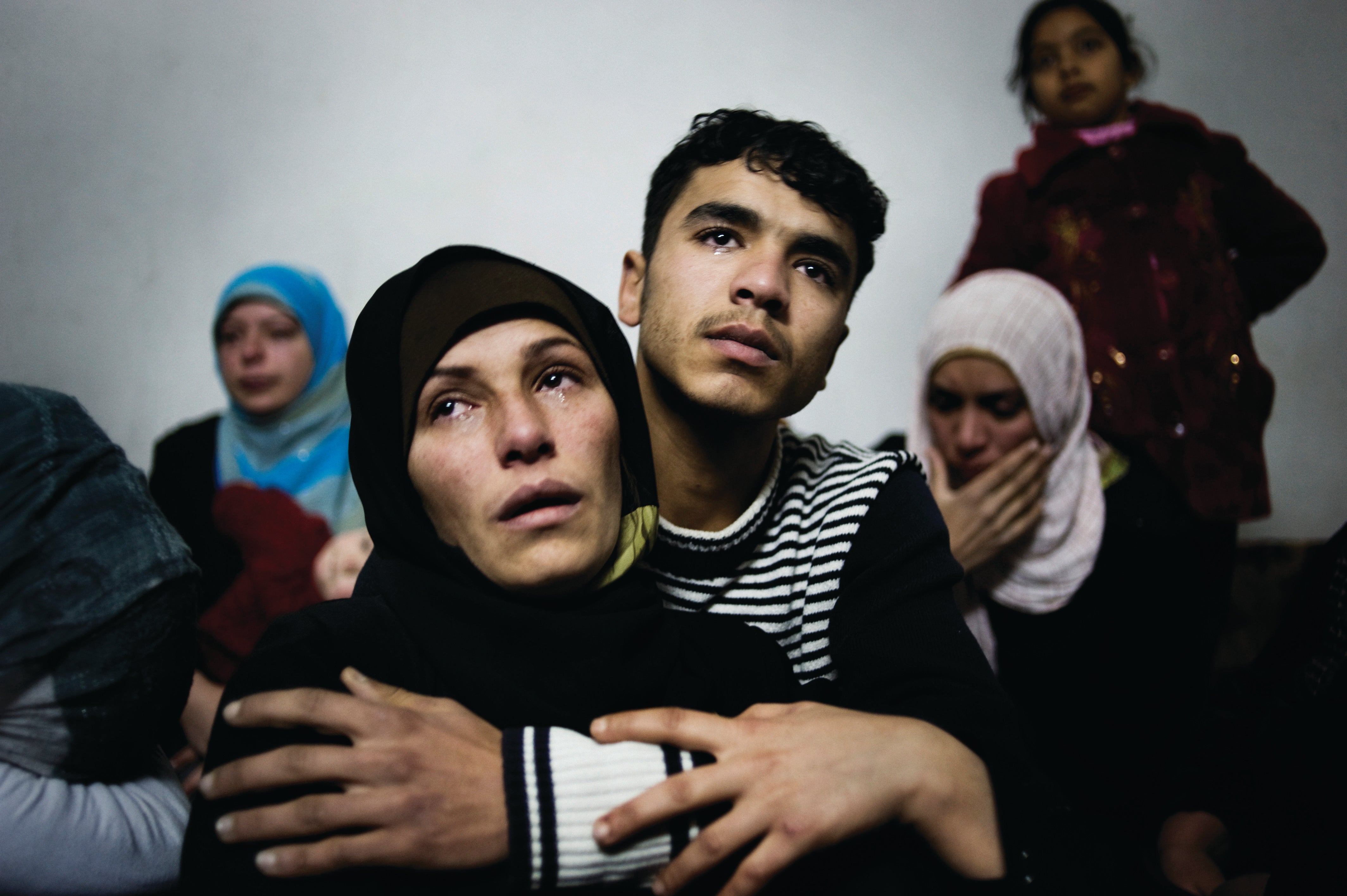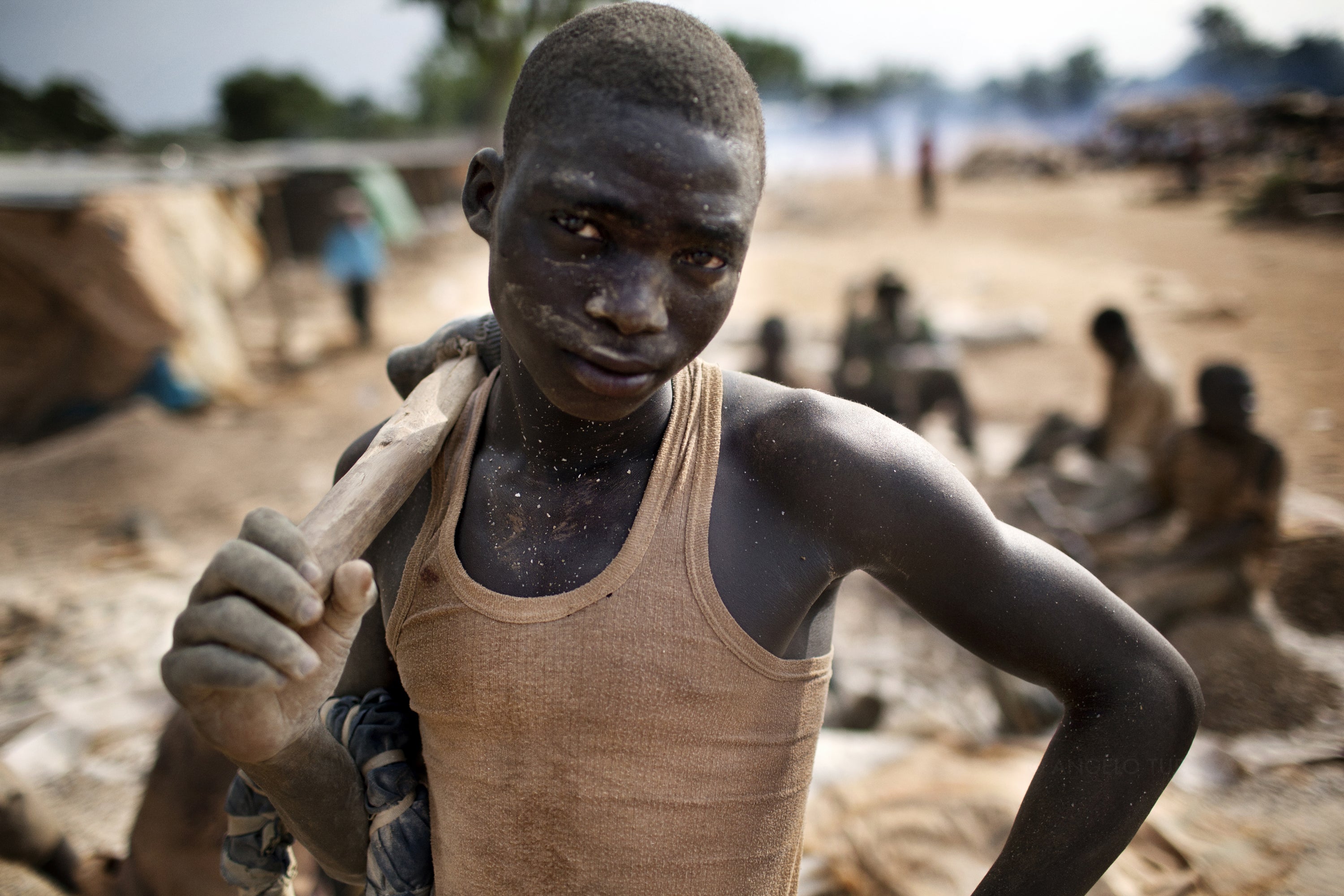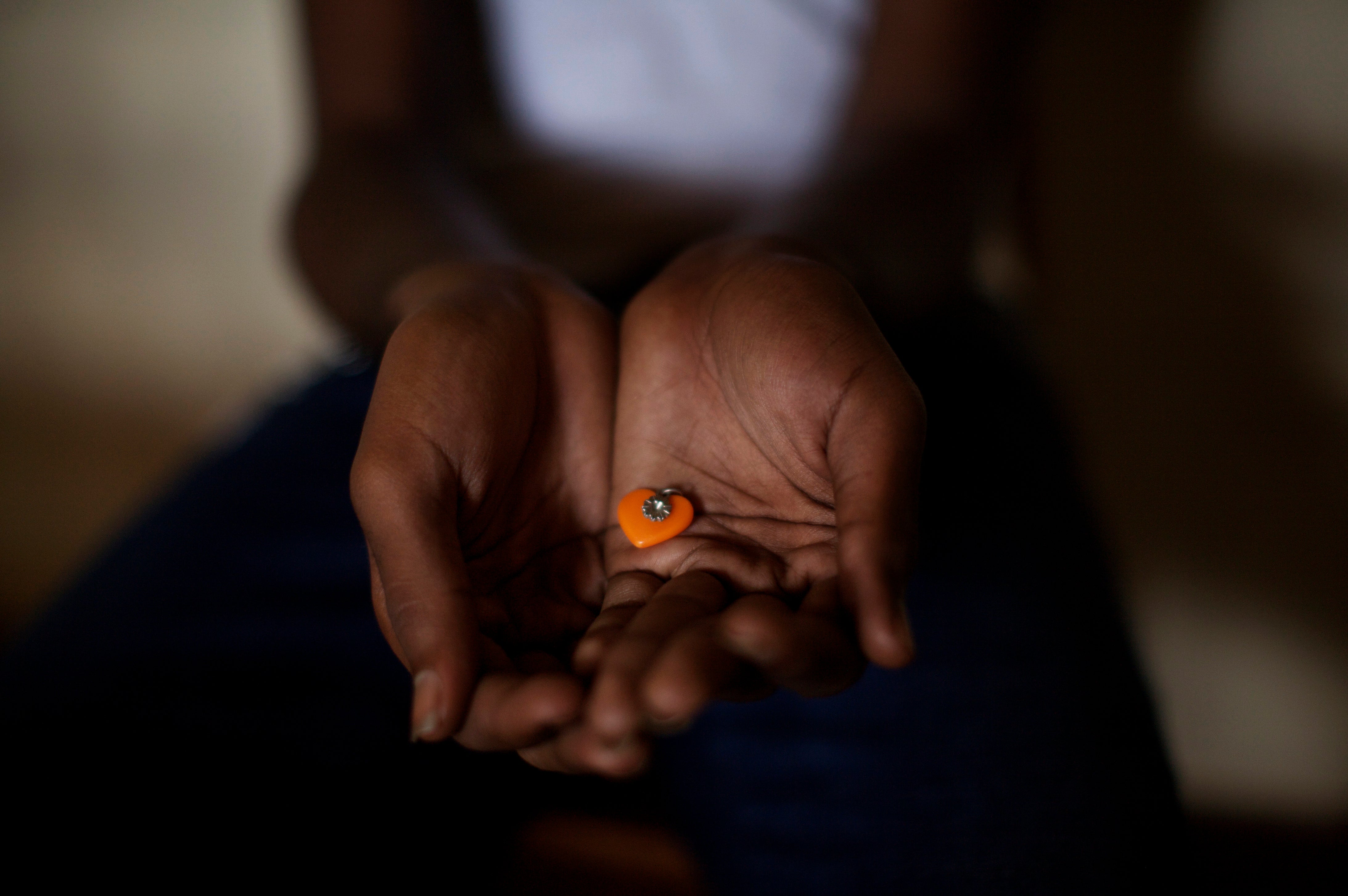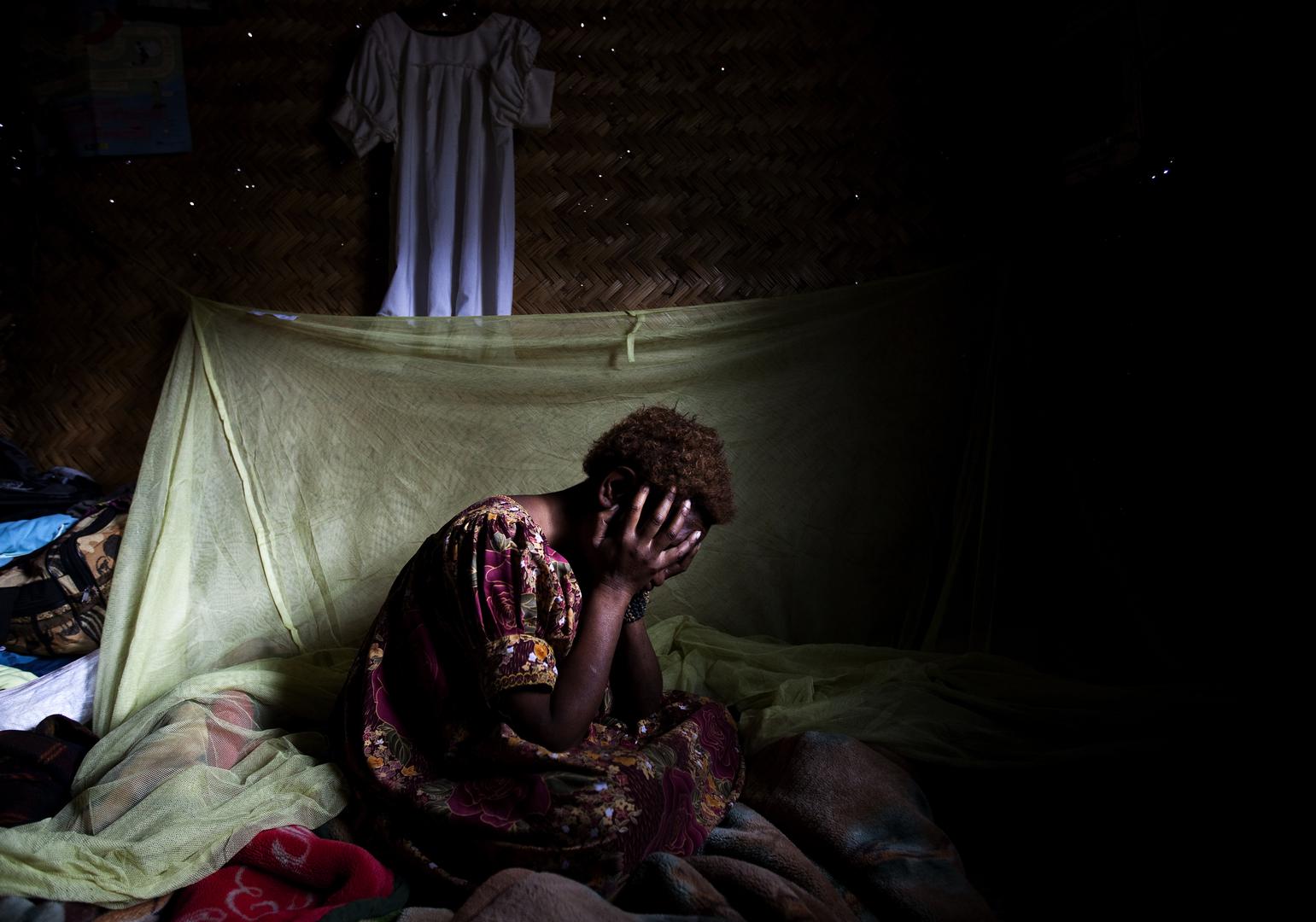The fragile transition government that succeeded President Ali Abdullah Saleh in 2012 following mass protests faces multiple challenges in ending human rights violations such as arbitrary detention, attacks on free speech and assembly, and child-soldier deployment. Fighting linked to the political upheaval decreased, but sectarian clashes continued in the north, and government forces fought with the Yemen branch of al Qaeda in the south. The country faces a growing humanitarian crisis, with nearly half the population lacking sufficient food.
Saleh left office in February 2012, under an exit accord brokered by the Gulf Cooperation Council (GCC) and backed in most aspects by the United Nations Security Council (Security Council), the United States, and European Union member states. As part of the accord, Yemen’s parliament on January 21 granted immunity to Saleh, and those who served with him for political crimes committed during his 33-year rule. The immunity law violates Yemen’s international legal obligations to prosecute serious human rights violations, including attacks by government forces and pro-government gangs that killed at least 270 protesters and bystanders during the uprising.
The accord designated Saleh’s deputy, Abdu Rabu Mansour Hadi, as a two-year transition president.
Under a UN-facilitated “Implementing Mechanism” that serves as a transition blueprint, the government is to bring security forces—including those run by Saleh’s relatives—under civilian command, pass a transitional justice law, draft a new constitution, reform the electoral and judicial systems, and hold general elections in 2014. It is also to convene a national dialogue conference to address grievances by groups including northern Huthi rebels and the Southern Movement, a coalition of groups seeking greater autonomy or secession for the former South Yemen.
Transition measures were resisted by loyalists of Saleh, who remains in Yemen as head of the General People’s Congress. Pro-Saleh troops and tribesmen in July and August stormed the Interior and Defense ministries, prompting gunfights that killed 21 people.
Accountability
President Hadi on September 22 authorized the creation of an independent commission to investigate violations during the uprising, and recommend accountability for perpetrators and redress for victims. A transitional justice draft law remained stalled.
The trial began in September for 78 defendants in the deadliest attack on protesters of the uprising, in which pro-government gunmen killed 45 and wounded 200 on March 18, 2011. Political interference and failure to investigate evidence that implicated government officials marred the prosecution’s case. Most key defendants remain fugitives.
Arbitrary Detention
All sides in the uprising have released scores of protesters, fighters, and others whom they had arbitrarily detained. However, dozens more detainees remained in the custody of government and opposition forces, and some upon release alleged torture.
ArmedConflict
Fighting ended in Sanaa, the capital, and Taizz but conflicts elsewhere among various armed groups killed dozens of civilians. Many were casualties of landmines and improvised explosive devices.
All sides in fighting in southern Abyan governorate—Yemeni soldiers and popular committees backed by US aerial drones, and the Yemen branch of al Qaeda and its local affiliate, Ansar al-Sharia—have been implicated in laws of war violations.
In the north, Huthi rebels clashed with Salafi fighters seeking to stem their takeover of Sa’da governorate and nearby governorates. Fighting between government and tribal forces in Arhab, outside Sanaa, ebbed in mid-2012.
Children and Armed Conflict
In Sanaa, government and opposition forces continued to deploy children to patrol streets, guard checkpoints, and sometimes fight, in violation of international prohibitions against the use of children in armed conflict. Human Rights Watch received credible reports of Islamist militants and pro-government popular committees deploying child soldiers in Abyan.
State security forces and opposition armed groups deployed in schools around the country, placing children at risk and undermining education. Between January and June, more than 170 schools were attacked or subjected to other military use nationwide, according to the UN Office of the High Commissioner for Human Rights (OHCHR).
FreedomofExpression, Association, and Peaceful Assembly
Freedom of expression, association and peaceful assembly improved significantly in 2012. However, scores of journalists were attacked or harassed by individuals or armed groups from across the political spectrum.
Al-Ayyam,an influential Aden-based newspaper, has been closed since an assault by government forces in 2010. Criminal cases that the former government brought against it remained pending.
The authoritiescontinuedtoprosecutejournalistson politically motivated charges ina specializedmedia courtthatfailedtomeetinternationalstandards of due process.
AbdulelahHaidarShae of Sabanewsagency remained in prison on terrorism charges, despite having received a pardon from then-President Saleh in February 2011. Yemeni and international media reported that US President Barack Obama requested Shae’s continued detention. The specialized media court in January 2011 sentenced Shae to a five-year term after a trialmarked by proceduralirregularities.Shae had alleged that the Yemeni and US governments had committed abuses in their fight against al Qaeda.
Authorities allowed several new political parties and more than 100 nongovernmental organizations to register, and lifted bans on visits by international human rights groups.
Humanitarian Crisis
More than 10 million people—nearly one-half the population—lack sufficient food, 12 million lack access to clean water, and 1 million children are malnourished, according to the World Food Program (WFP) and other UN humanitarian agencies.
The number of internally displaced nearly doubled to half a million people, largely due to fighting in Abyan. As of November, tens of thousands of people had returned to Abyan despite damaged homes, shattered infrastructure, and the presence of landmines and other unexploded ordnance.
TerrorismandCounterterrorism
Yemen-based Al Qaeda in the Arabian Peninsula (AQAP) conducted dozens of deadly bombings and other attacks on Yemeni security targets.
AQAP and Ansar al-Sharia in April released 73 government soldiers after holding them hostage for more than a month and threatening to kill them if the authorities did not exchange them for detained terrorism suspects. AQAP held foreigners for ransom, including a Saudi diplomat and a Swiss teacher.
Ansar al-Sharia reportedly committed numerous abuses against people in areas it controlled in Abyan, including amputating limbs of alleged thieves and publicly executing three alleged spies in February.
The USincreased covert drone strikes and piloted airattacksonalleged AQAP militants,conducting 25 to 83 such attacks in 2012, according to the Bureau of Investigative Journalism (TBIJ), a UK-based public interest reporting service. The strikes killed at least 173 militants and civilians, TBIJ reported, but lack of access to the targeted areas prevented independent verification of the data, including the number of civilian casualties.
Crackdown on SouthernMovement
In Aden, Mukallah and other southern flashpoints, state security forces used disproportionate force against largely peaceful factions of the Southern Movement, and armed factions of the Southern Movement increased attacks on security forces.
Security forces threatened health care in Aden by forcibly removing wounded alleged Southern Movement militants from hospitals, exchanging fire with gunmen seeking to block the arrests, and beating medical staff. Gunmen protecting the alleged militants fueled the violence by firing at the security forces on hospital grounds.
In December 2011, security forces released two Southern Movement leaders, HassanBaoumandhissonFawaz,after arbitrarily detaining them for 10 months.
Women’sandGirls'Rights
WomeninYemengenerallyareexcludedfrompubliclifebut played animportantroleinanti-Salehprotests.
The transition blueprint envisaged “adequate” representation of women in all political bodies both during and after the transition. Many Yemeni women’s rights activists are seeking a quota of 30 percent.
Childmarriagesremainwidespread,exposinggirlstodomesticviolenceandtruncatingtheireducation.
Yemenhasahighmaternalmortalityrateof370deathsper100,000livebirths. Sevenor eightwomendieeachdayfromchildbirthcomplications.
KeyInternationalActors
SaudiArabia,Qatar,andotherGulfstatesprovidesubstantialassistancetotheYemengovernment,triballeaders,andreligiousinstitutions.TheUSisthelargestdonoroutsidetheregion. EUstatesalsoprovidesignificant aid.The multilateral Friends of Yemen donors in September pledged US$7.9 billion to aid the transition.
The US pledged $346 million in bilateral aid for 2012, of which $185 million is for humanitarian and development assistance, its largest non-security package to date.In May, President Obama issued an executive order allowing the Treasury Department to freeze the US-based assets of anyone who “obstructs” implementation of the political transition.
InOctober, forthethird consecutiveyear,ObamaissuedawaiverallowingYementoreceivemilitaryassistance,despitedocumenteduseofchildsoldiersbyforces, including governmenttroops and pro-government militias.
In June, the UN Security Council passed resolution 2051, threatening sanctions against those undermining the transition. In September, Yemen allowed the Office of the High Commissioner for Human Rights (OHCHR) to open an office in Sanaa. In March and September, the UN Human Rights Council called for the release of all those arbitrarily detained, an end to child soldier recruitment, and transparent and independent investigations into violations during the 2011 uprising.




